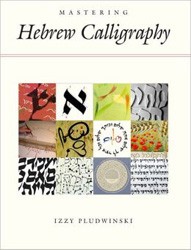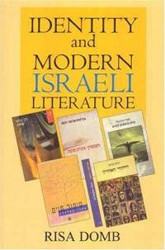Over the past half-century a number of histories of the Hebrew language have been published. They range from the more accessible and popular (William Chomsky’s How the Hebrew Language Grew) to the more scholarly and comprehensive (Angel Saenz- Badillos’ A History of the Hebrew Lanugage, 1993). Writing a history of Hebrew is a daunting task: to convey and explain over 3,000 years of linguistic and cultural development in one volume. A decision the author must make is one of audience: are they writing for professionals or a lay audience? How much Hebrew does the reader know? And how much Hebrew does the reader hope to learn from the book at hand?
Hoffman has chosen a middle path between accessibility and comprehensiveness. In 240 pages of text he ranges over a vast array of historical and linguistic issues, treating some of them thoroughly and others in a cursory manner. For examples of encyclopedic thoroughness see the chapters on “the Masoretes” and “Pronunciation.” The exposition of these subjects is too technical for the general reader. On the other hand, the development of modern Hebrew and its flowering in Israel is treated with unfortunate brevity. Hoffman takes us from a description of late Biblical/Rabbinic Hebrew to an account of modern Hebrew in this way: “We now jump ahead in time to January 7, 1858,” the birth date of Eliezer Ben Yehuda. This “jump ahead” leaps over a thousand years of linguistic development and thereby renders the emergence of modern Hebrew much more of a “miracle” than it really was.
The chapter on the Dead Sea Scrolls strikes the right balance between thoroughness and accessibility. We get a succinct review of the exciting history of the discovery of the Scrolls and a survey of the various literary genres represented in the texts. Hoffman provides three tables in which we can trace differences between verses in the Dead Sea Scroll biblical fragments and the parallel verses in the Masoretic texts.
A valuable addition to the “history of Hebrew” genre is Hoffman’s general linguistics orientation. He grounds us in theories of language (avoiding much of the jargon with which modern linguistics is often explained) and orients us to the history of writing. Surprisingly, he goes against the scholarly consensus and endorses the view that it was through the Hebrews, rather than through the Phoenicians, that the Greeks and the Romans acquired their alphabets. Throughout the book, the author makes inflated claims for the primacy of Hebrew in the history of language. These claims are echoes of a pre-scientific age, an era in which European Christian scholars described Hebrew as “the original language” and “the mother of all languages.”





